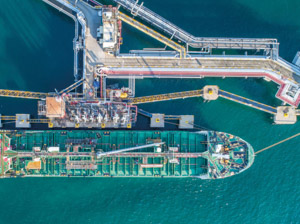
The glossary on Gunvor’s website is driven by artificial intelligence (AI) and serves as an experiment for testing and introducing new ideas and technologies into our work. We understand that for general audiences commodities trading can be at time difficult to understand—often because of its sometimes esoteric and unusual terminology, which is drawn from finance, […]
Read More




